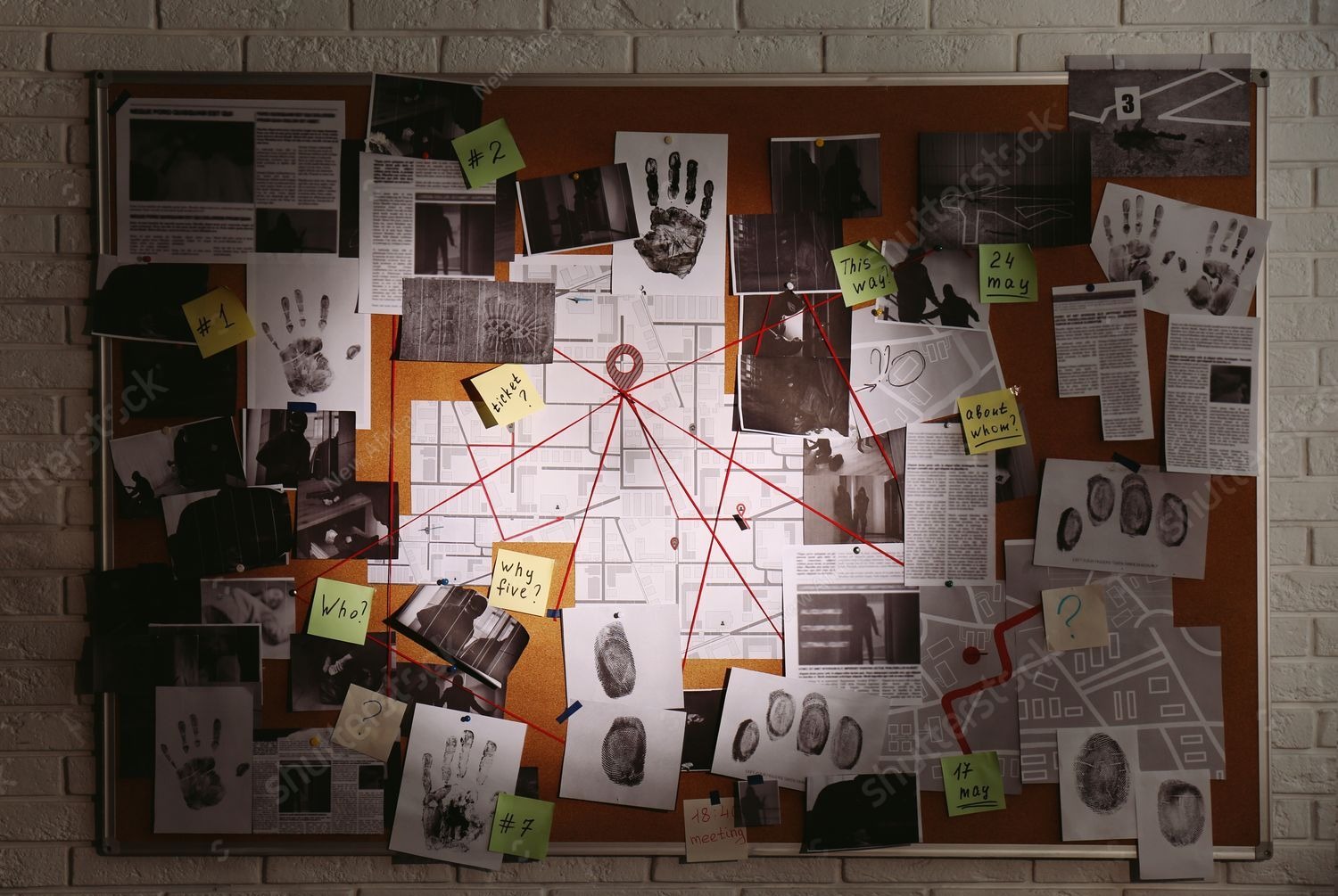NEWS How to Find a Person in Japan: A US-Japan Comparison

Finding a person in Japan can be a frustrating process, especially for those familiar with how it’s done in the United States. You might be looking for an old friend, a lost relative, or someone for legal reasons, but you quickly find that the usual methods don’t work here. The biggest reason for this is Japan’s powerful commitment to personal privacy. Unlike the US, where a lot of information is public, Japan’s laws are designed to protect personal data. This creates a wall that can be impossible for an individual to get through. We understand this can be frustrating, and that patience is key. This guide will explain the differences between searching in the US and Japan, outline our methods, and explain the real challenges you will face. At FAM Investigation Agency, we specialize in navigating these challenges for our clients.

Table of Contents
- The US vs. Japan: A Tale of Two Systems
- Our Investigation Methods in Japan
- Two Major Challenges in a Japan Search
- Understanding the Cost of a Search
- A Note on Patience: Why Searches in Japan Take Time
- Conclusion: The Right Partner for a Difficult Search
The US vs. Japan: A Tale of Two Systems
The experience of searching for someone in the US versus Japan is like night and day.
The United States Approach: Public Data
In the US, finding someone often starts with a simple Google search. You can use online people-finder websites that pull from public records to find a person’s last known address and phone number in minutes. Government records like voter registration, property deeds, and even some court records are often public and searchable online. This culture of open data makes DIY searches possible.
The Japanese Approach: The Privacy Wall
In Japan, all of those methods will lead you to a dead end.

- No Public Databases: There are no “White Pages” websites. It is against the law for personal data to be shared publicly.
- Sealed Records: The most important family record, the koseki, is confidential. As we explain in our guide on finding lost family, you cannot access this record unless you are a direct family member or a legal professional with a specific, approved reason. An American searching for a friend has no legal right to see it.
- Privacy is Valued: Japanese culture places a very high value on privacy. People are less likely to share personal details online, and an outsider asking questions is often met with suspicion.
This is why an American’s attempt to find someone in Japan, like an ex-spouse, almost always requires professional help.
Our Investigation Methods in Japan
Because we can’t use public databases, our methods in Japan are very different. We rely on legal expertise and classic, on-the-ground detective work.
- Navigating the Koseki System: When legally possible for a case, our licensed team can access these vital family records. This document can act as a roadmap, showing births, marriages, and official addresses, which is crucial for a successful search.
- On-the-Ground Inquiries (Kikikomi): This is a core skill for any Japanese detective. Our investigators are experts at talking to former neighbors, colleagues, and others connected to the person. They do this discreetly to gather clues about where the person might have gone, without raising alarm.
- Discreet Surveillance: Sometimes, the best way to confirm a person’s location and lifestyle is to watch from a distance. This is done to verify an address or to understand a person’s current situation, especially when their well-being is a concern.
Two Major Challenges in a Japan Search
Based on our experience, certain factors can make a search much more difficult.

The Importance of Kanji Notation
One of the most common problems we see is with the person’s name. A client might give us a name spelled in English letters, like “Kenji Tanaka.” However, in Japanese, that name can be written with dozens of different Kanji (character) combinations. Each combination is a completely different legal name. Without the exact Kanji characters, it is impossible to find the correct person in official records. A search for the wrong Kanji will lead to the wrong person, wasting time and money. The single most important piece of information you can provide is the person’s name written in Kanji, perhaps from an old letter, document, or photo.
The Difficulty of Finding Foreign Residents
Another significant challenge is searching for a foreign resident in Japan. Foreigners are not registered in the Japanese koseki system. This removes the single most powerful tool an investigator has for tracking a person’s history and movements. When a foreigner moves from their last known address, the paper trail effectively goes cold. Finding them then relies almost entirely on extensive fieldwork—discreetly talking to former neighbors, employers, and other contacts to hopefully find a clue that points to a new city or job. This process requires more time and resources.
Understanding the Cost of a Search
Clients are often concerned about the cost of an investigation, which is understandable. It’s important to know that the cost is directly related to the difficulty of the search. An investigation in Japan is not a simple database search. It involves man-hours for travel, surveillance, and in-person inquiries. A case that requires extensive fieldwork, like finding a foreign resident, will cost more than a case where the correct Kanji leads us to a clear paper trail. We are always transparent about the potential costs, which you can learn more about in our guide to investigator costs.
A Note on Patience: Why Searches in Japan Take Time
We understand our clients’ frustration. You want answers now, and it can be hard to hear that a search might take time. Because we cannot use quick, online methods, a proper investigation in Japan is methodical. It requires careful planning and, sometimes, waiting for the right opportunity to gather a clue. We are committed to keeping you updated throughout the process. But we also ask for your patience. A rushed investigation can lead to mistakes and may even alert the person you are trying to find. We believe in doing it right.
Conclusion: The Right Partner for a Difficult Search
Searching for a person in Japan is a unique challenge that requires a unique set of skills. The open-data approach of the US simply does not exist here. Success depends on understanding the legal system, navigating the culture, and having the patience to do careful detective work. At FAM Investigation Agency, we are your expert partners on the ground in Japan. We understand the frustrations of our international clients and have the local expertise to get the job done right.
If you need to find someone in Japan, contact FAM Investigation Agency today for a free, confidential consultation. Let us help you navigate the maze.
- How to Verify a Japanese Company From Overseas
- Cybersecurity Guide: Penetration Testing
- Finding Separated Children in Japan from the US
- The Importance of Reputation Checks in International Business Transactions
- How to Find a Person in Japan: A US-Japan Comparison
- Physical Penetration Test in Japan: A Guide to Corporate Security
